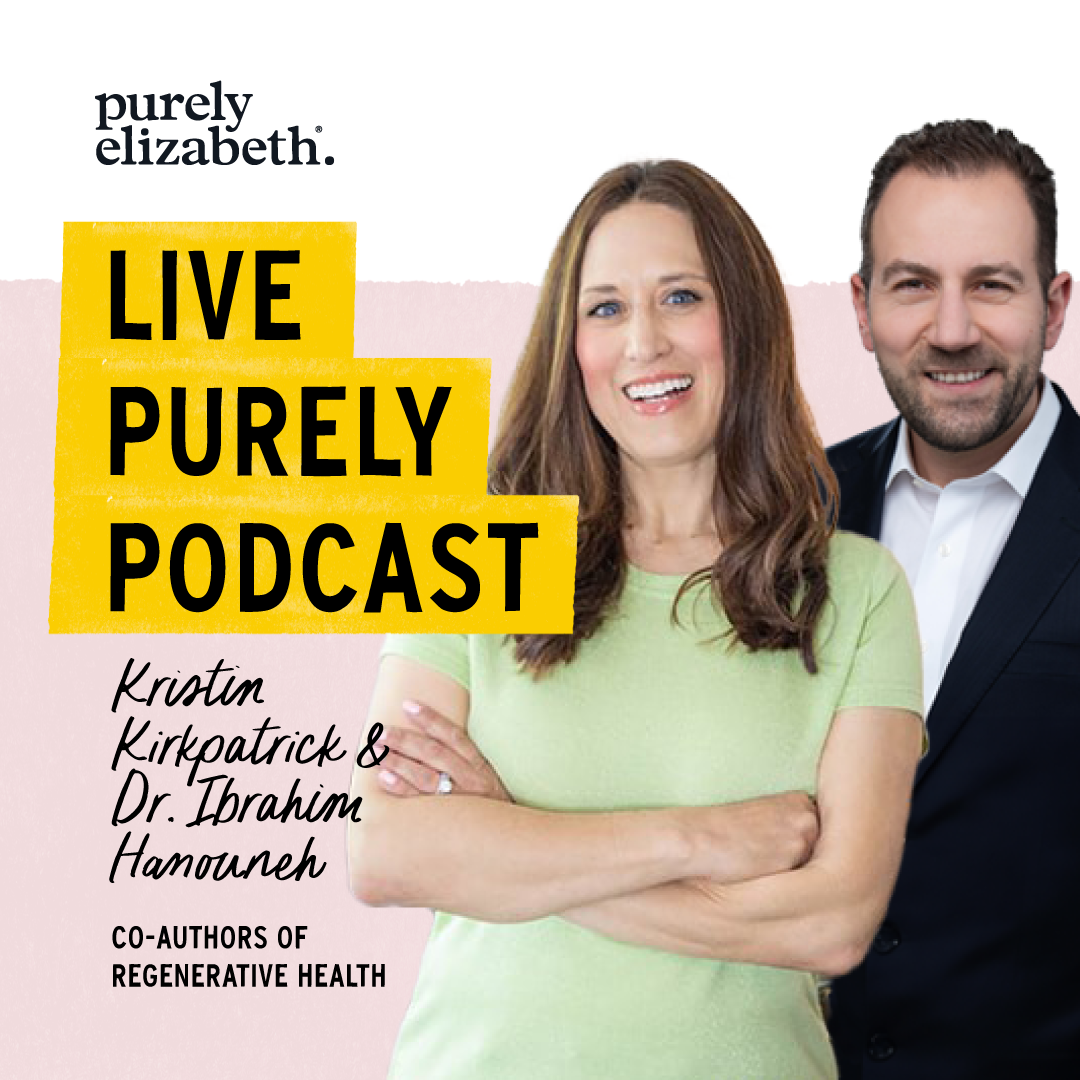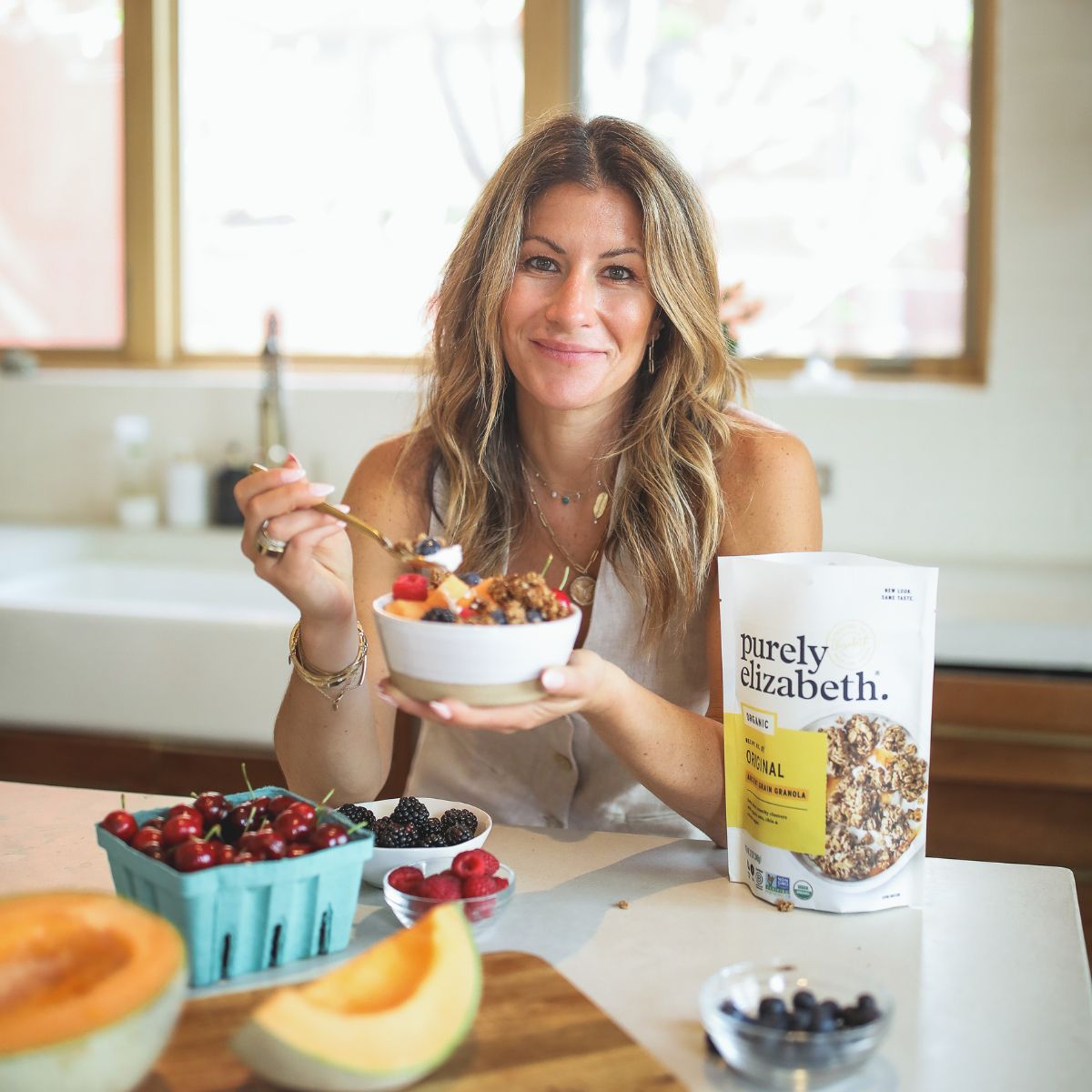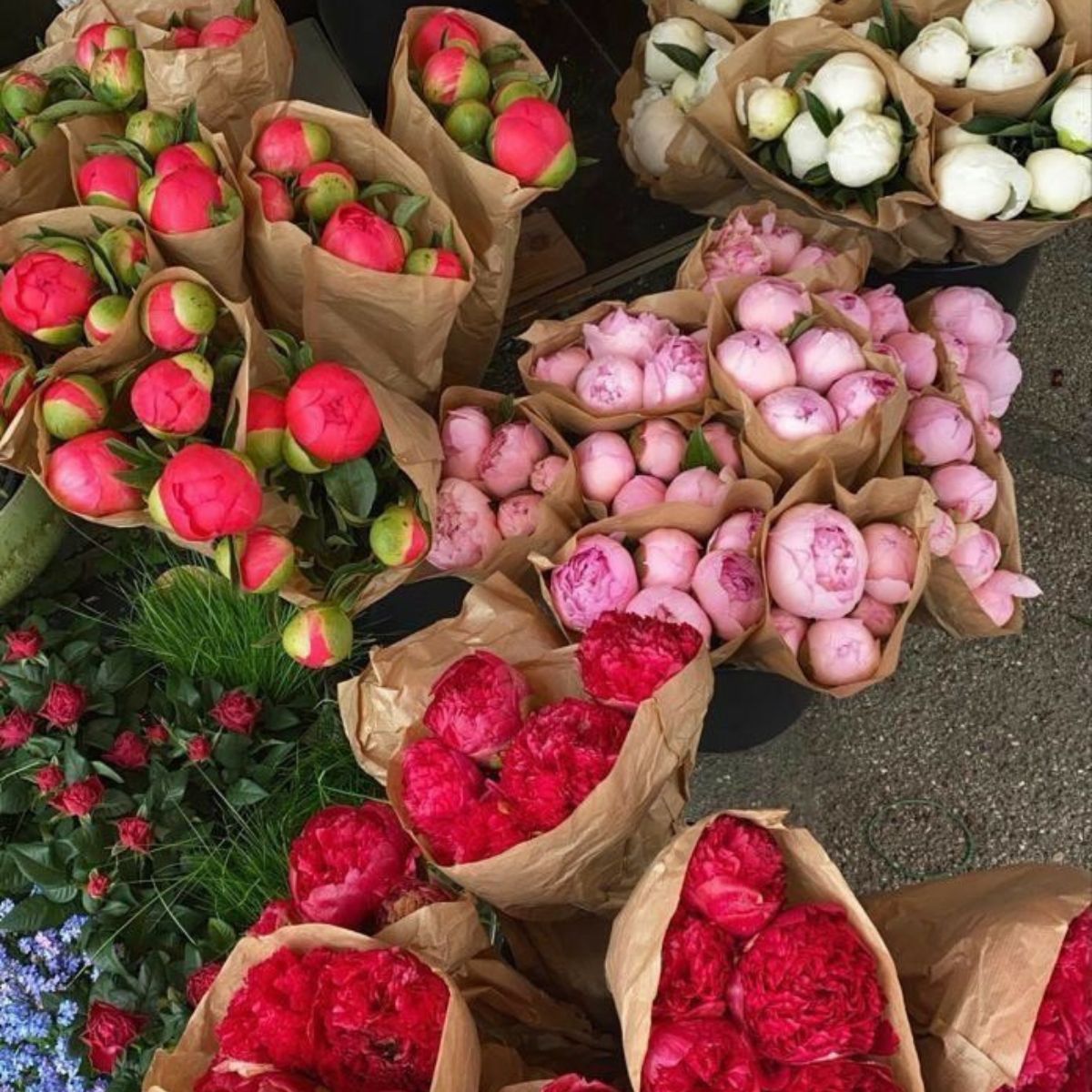Podcast
Regenerative Health and Reversing Fatty Liver Disease
with Kristin Kirkpatrick and Dr. Ibrahim Hanouneh

In this episode, Elizabeth sits down with Kristin Kirkpatrick, a registered dietitian at the Cleveland Clinic Department of Wellness and Preventative Medicine, and Dr. Ibrahim Hanouneh, a gastroenterologist and hepatologist. They discuss the silent epidemic of fatty liver disease, which is currently affecting one in four Americans. Kristin and Dr. Hanouneh each share practical tips and lifestyle habits from their books "Skinny Liver" and "Regenerative Health" for liver health. They explain why the liver is one of the body's most vital organs, and how it plays a crucial role in every metabolic process in the body.
You may also like
Mix & Match










